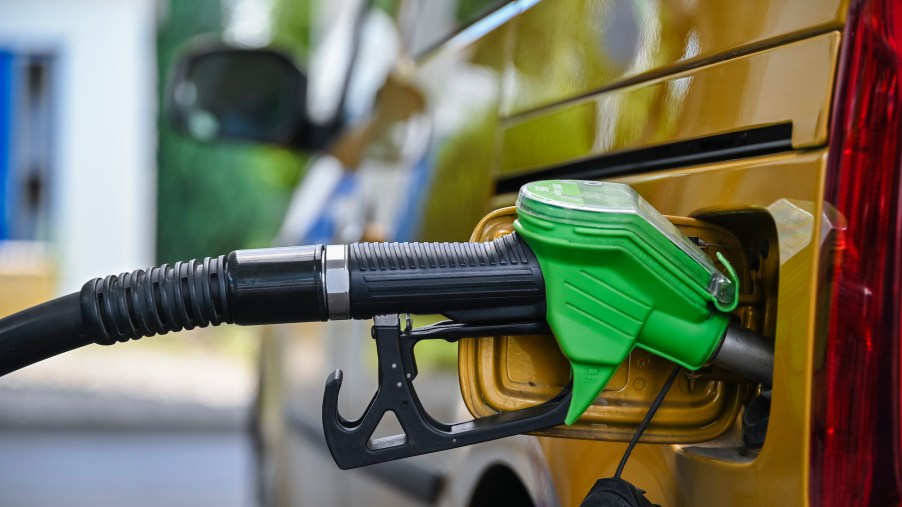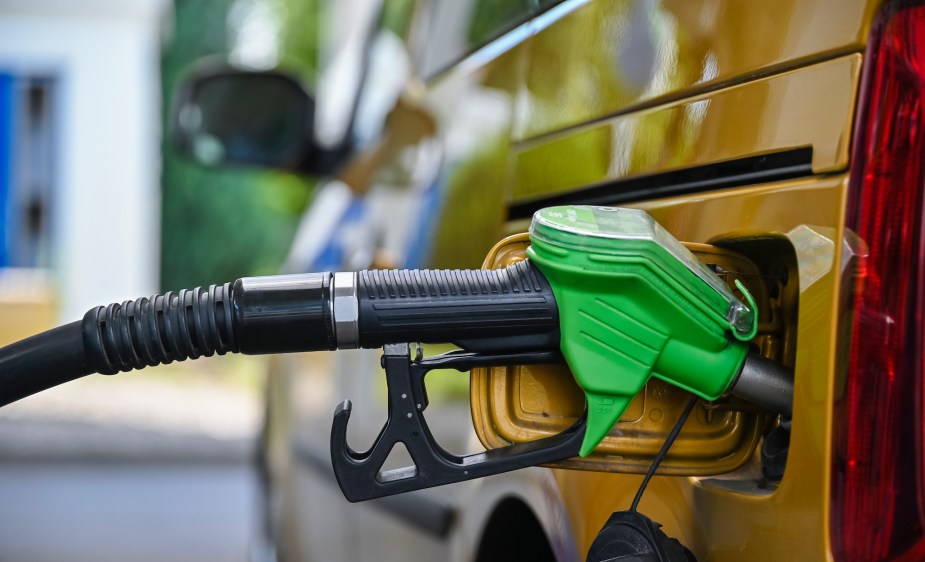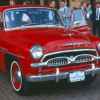
Bad Gas Mileage: 4 Things That Could Be the Reason
If there’s one recent headline everyone can come together on, it’s the impact of rising gas prices in recent months. Fuel efficiency and gas mileage matter now more than ever. Whether you drive a compact car as your daily driver or a behemoth SUV to haul kids to soccer practice, you’re always interested in learning how to improve your ride’s fuel economy.
Some engines are more robust and not designed to get good gas mileage. But there are some notable reasons why some vehicles get bad gas mileage more than others. Here are some fuel economy questions you might ask, along with four contributing factors to why you might be getting bad gas mileage yourself.
1. Poor vehicle maintenance

If you’re not maintaining or taking care of your vehicle, you’ll experience mechanical issues and maybe even component failures. Another side effect of neglecting maintenance is bad gas mileage. As Reader’s Digest suggests, things like underinflated tires or over-working engines will impact your estimated miles per gallon. When your engine works harder for any reason, it will burn more gas. So, make those seasonal appointments for tune-ups, oil changes, and tire rotations if you don’t want to fill your tank more often.
2. Aerodynamics, drag, and excess weight
Your vehicle will lose fuel efficiency whenever you add drag, more weight, or obstruct its natural aerodynamics. When you mount the cargo carrier or load up the bikes, this means you’ll naturally burn more gas. Any towing or hauling will also require more fuel. And while hauling things might be necessary, be mindful that you’ll be losing efficiency, needing an extra fill-up or two on those family vacation road trips. The Drive also suggests reducing drag on your vehicle; you should drive with the windows rolled up, maintaining more streamlined aerodynamics.
3. Speed affects gas mileage
As Erie Insurance points out, driving faster and accelerating harder will consume more fuel. Be mindful of your driving speeds and be gradual when you can about accelerating. Try to use your cruise control more often to regulate your speed and keep from overusing the gas pedal when driving on the highway. And do your best to obey speed limits, drive conservatively, and avoid quick acceleration or hard stops.
4. Idling burns more gas
If warming your vehicle in the winter is standard practice, you’ll need to prepare to fill your tank more often. Keeping your car running or letting it run to warm up is usually recommended for other components to operate efficiently in colder temperatures. But remember, too, you’ll be burning more gas when you do that, resulting in more trips to the gas station over the winter months.
Bonus tip: avoid too many quick trips
As a bonus tip, you can avoid bad gas mileage if you can consolidate your short trips throughout the week. For example, maybe you hit the grocery store on Monday, the bank on Wednesday, and your eye doctor appointment on Friday. Because you’re cold starting your vehicle with each trip, you’re essentially burning more fuel. If possible, try to condense these quick trips into one day’s worth of driving if you want to preserve the gas in your tank.
In the end, if you feel you’re experiencing bad gas mileage, you may decide it’s time to buy a more fuel-efficient vehicle altogether. But if that’s not in the budget right now, you can be mindful of these contributing factors to poor fuel economy and make subtle changes to your driving habits. In the long run, it will save you in your tank and your wallet.


